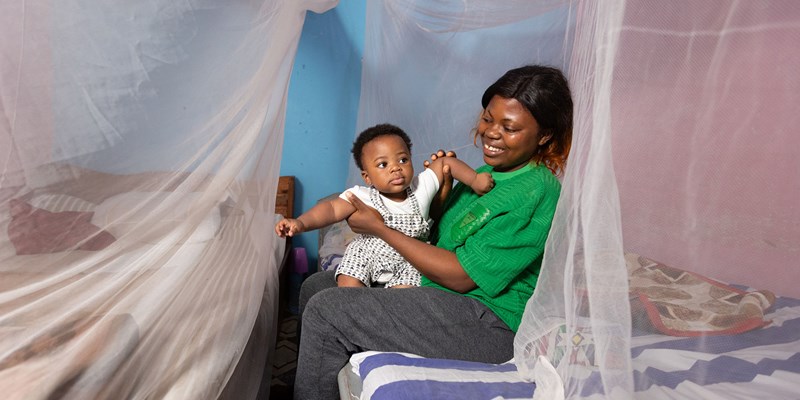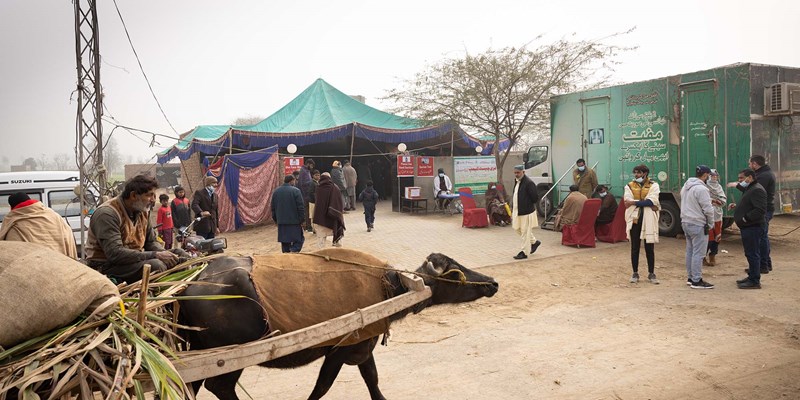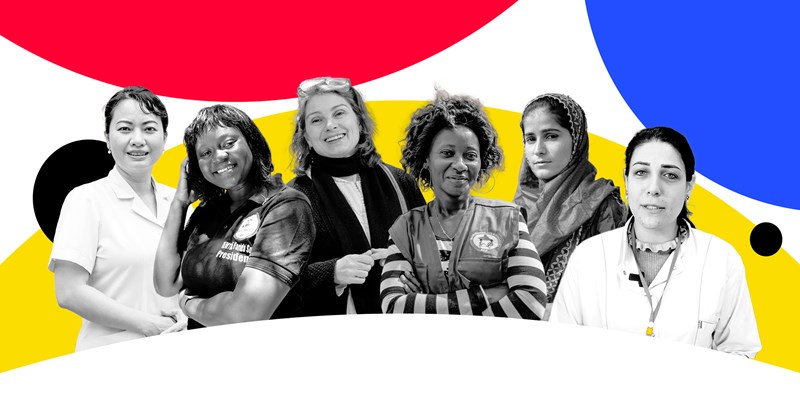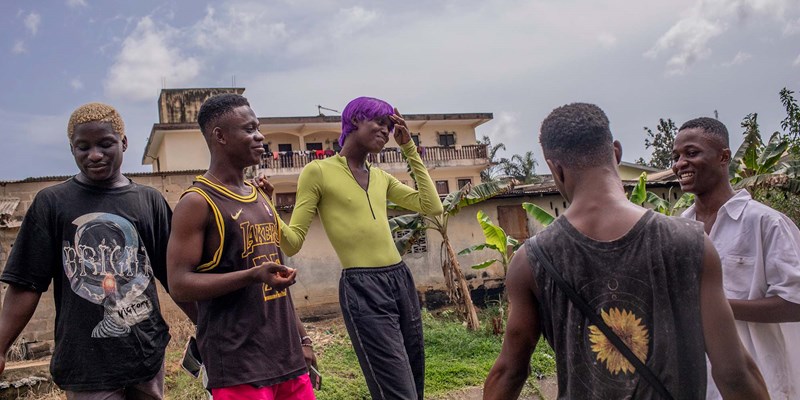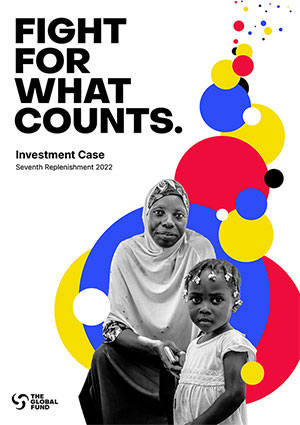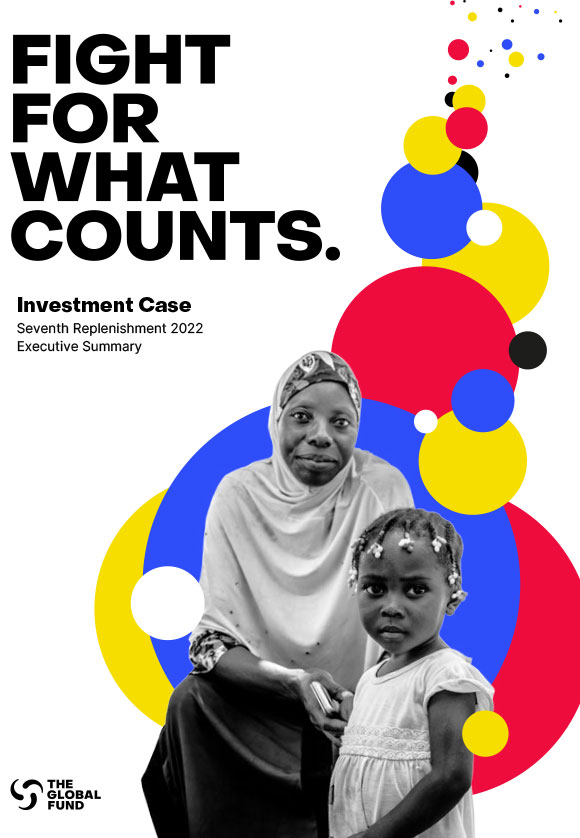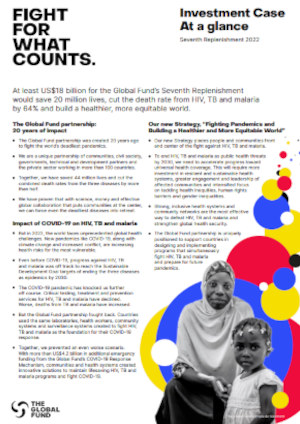Global Fund Accelerates Efforts To End Epidemics
04 May 2017
KIGALI, Rwanda – At its 37th Meeting, the Board of the Global Fund to Fight AIDS, Tuberculosis and Malaria took significant steps toward increasing impact and maximizing effectiveness in its goal of ending epidemics, which will achieve greater health security and long-term prosperity.
Taking on serious challenges like expanding impact in public health as more countries transition toward domestic funding, the Board addressed numerous issues on how to continue to expand prevention, treatment and care for people affected by HIV, TB and malaria in the coming years.
The Global Fund is embedding into its work the principles and practices of a new policy on sustainability, transition and co-financing. It aims to leverage additional sources of funding, strengthen domestic investment and co-financing of core interventions, while planning for long-term transition.
In his final address to the Board, outgoing Executive Director Mark Dybul weaved together global dynamics as he pointed to a clear direction for the Global Fund: working together collaboratively, optimizing portfolio management, improving program quality and efficiency, and constantly looking for ways to maximize the impact of funds in countries where we invest. Dr. Dybul completes a four-year term on 31 May 2017. Marijke Wijnroks, currently Chief of Staff, will serve as Interim Executive Director until the Board selects a replacement for Dr. Dybul.
The Board confirmed an Executive Director Nomination Committee with nine members to oversee the search for the Global Fund’s next Executive Director. The Global Fund anticipates soliciting applications for the position beginning in early June, and intends to select a new Executive Director at the Board’s next meeting in November 2017.
In policy matters, the Board voted to expand wambo.org, an easy-to-use purchasing platform designed to provide greater visibility on the availability of and lower prices for health products, as well as increasing transparency and improving delivery time. Wambo.org is already in use by 50 countries, and the Board approved for a pilot project to allow governments in eligible countries to purchase health products using their own resources, in addition to using funding from Global Fund grants.
The Board discussed the health crisis and resurgence of disease in Venezuela, which is currently ineligible for Global Fund support, and expressed appreciation for engagement of communities, civil society groups, the Pan American Health Organization, the Joint United Nations Programme on HIV/AIDS, and World Health Organization, and called for a coordinated regional response to the crisis.
The Board was updated on this year’s first round of funding requests for the current three-year funding cycle. More than 90 requests were reviewed by the Technical Review Panel in April, for proposed grants of more than $4.5 billion, signaling strong engagement and confidence.
The Board also approved an agreement with the World Bank on a performance-based funding project in the Democratic Republic of Congo that will coordinate investment by partners to achieve better results at the local health facility level and support greater access to medicines, improve the quality and availability of data, and increase community engagement, among other goals.
The Board meeting was hosted by the Government of Rwanda, and President Paul Kagame welcomed the Board at the opening ceremony on 3 May.
At the close of the Board meeting, Norbert Hauser completed a two-year term as Chair of the Board and handed responsibility to Aida Kurtović, who now begins a new two-year term. Ambassador John Simon begins a two-year term as Vice-Chair of the Board.
